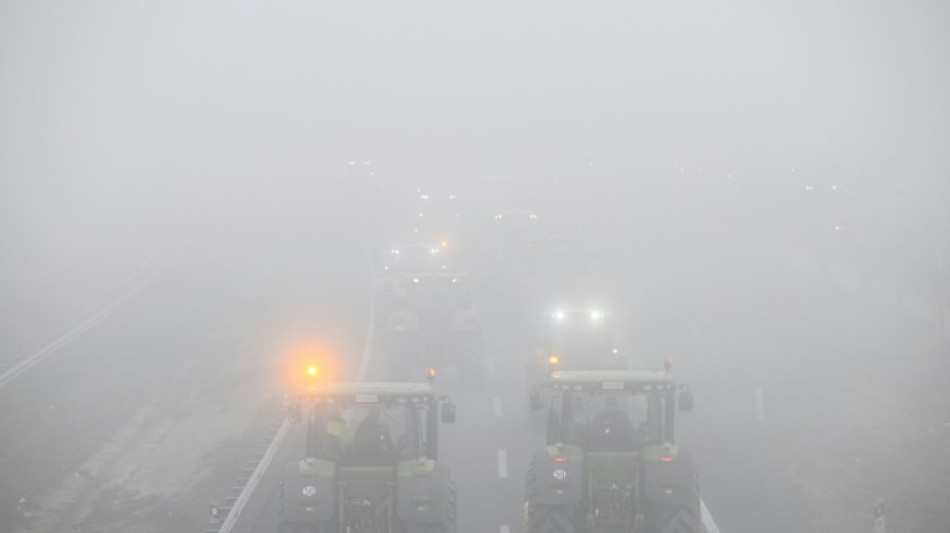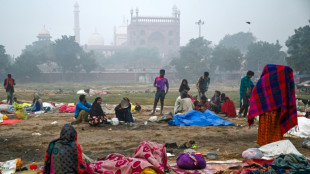

Spanish farmers block roads for second day
Thousands of farmers used tractors to block roads across Spain for the second straight day Wednesday amid Europe-wide protests against cheaper imports and heavy regulation.
Farmers gathered at dawn on dozens of roads, snarling traffic, mainly in Andalusia in the south and the northeastern region of Catalonia and Navarra in the north, according to the Spanish General Directorate for Road Traffic (DGT).
They have said they will converge on Spain's second city, Barcelona, capital of Catalonia, in front of the headquarters of the regional government.
Tractors were used to block roads leading to the southern port of Malaga in Andalusia, authorities said.
Spain's three main agricultural unions, Asaja, Coag and UPA, did not initiate the demonstrations which began on Tuesday. They have planned other protests this week, including Thursday in Salamanca in the northwest and Friday in the northern city of Bilbao.
Angry farmers have been protesting across Europe over rising costs, high fuel prices, bureaucracy and the environmental requirements in the EU's Common Agricultural Policy (CAP) and its forthcoming "Green Deal".
The three unions -- who say the CAP is too complex and allows unfair foreign competition -- held emergency talks on Friday with Agriculture Minister Luis Planas, who agreed to work on a response.
Prime Minister Pedro Sanchez told parliament on Wednesday that he was "on the side of the farmers" and highlighted measures his government has adopted in recent years to support the sector, especially in the face of a long drought.
He vowed to simplify rules for the implementation of the CAP, and to improve laws aimed at preventing farmers from selling products at a loss.
Spain is one of Europe's leading producers of fruit and vegetables.
But its agricultural sector faces difficulties, largely due to a lack of rainfall that has plagued the Iberian peninsula for the last three years.
E.Abril--ESF




